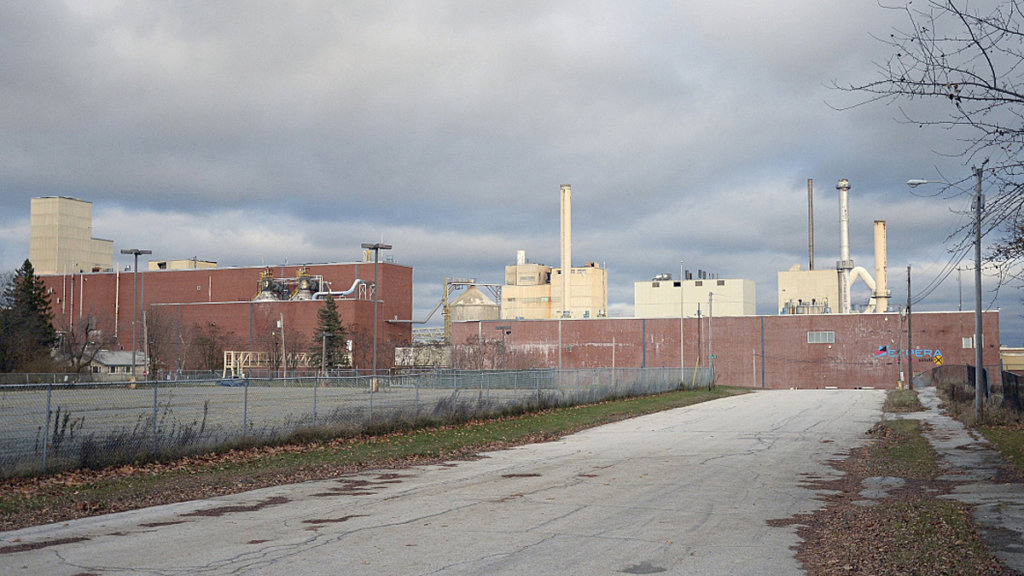The company at the center of a controversy over a lucrative energy contract involving The University of Maine is withdrawing from the deal.
ConEdison Solutions had won the right to negotiate a contract to power UMaine’s Orono campus with wood-fired steam and electricity from an abandoned paper mill.
But in recent weeks, the Portland Press Herald/Maine Sunday Telegram published stories revealing secret recordings that suggested a university official had provided inside information aimed at helping the ConEdison team win the bid.
In addition, a businessman signed a sworn affidavit asserting that the UMaine official had improperly advised the bidders. James Page, chancellor of the UMaine system, also has a personal financial tie to one of the companies that stood to benefit from a ConEdison contract.
ConEdison cited uncertainty about its ability to lease assets in the former Expera Mill in neighboring Old Town and said it would not be able to provide a firm pricing offer or an energy delivery plan by the university’s required deadline, according to a University of Maine System news release issued Thursday.
As a result, UMaine officials said they would engage with Honeywell International regarding its bid for the project. Honeywell was the first runner-up in a competitive bidding process for the contract, the release said. The contract is likely worth more than $100 million.
After an 18-month bidding and review process, the university system decided last summer to negotiate with New York-based ConEdison on its plan to generate renewable energy at the vacant paper mill and send it via pipeline and wires to UMaine.
But soon thereafter, two runners-up formally protested the decision and filed appeals with the university, saying the deal could put taxpayers at risk.
Honeywell and Ameresco Inc. charged, among other things, that ConEdison failed to spell out the cost of its proposal and document any achievable savings, downplayed the regulatory obstacles of sending power from the mill to the campus and – overall – failed to show that the project was feasible.
The university subsequently denied the appeals of both companies.

The Old Town mill at the center of a lucrative energy contract with the University of Maine, photographed in 2017. (Shawn Patrick Ouellette/Portland Press Herald)
Comments are no longer available on this story